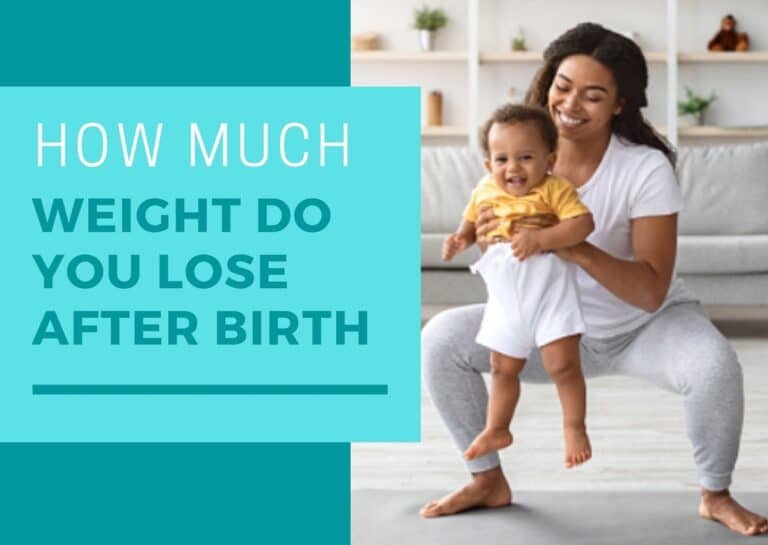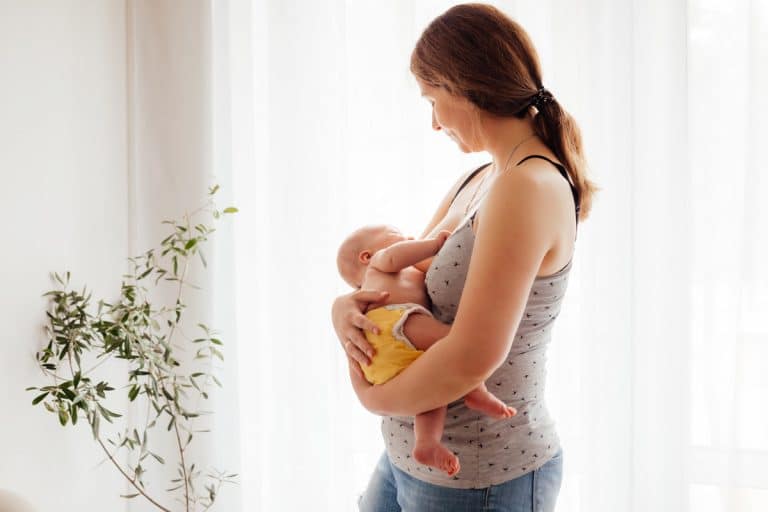While the birth of a child is normally associated with excitement and joy, there are other powerful emotions, which one might not expect, that get triggered during childbirth, such as depression.
A majority of the mothers experience “baby blues” after the birth of the new born. These could range from crying spells, mood swings, anxiety and difficulty in getting proper sleep. Baby blues begin typically a few days after delivery and can last for around fourteen days.
However, some mothers experience a more severe and long-lasting form of depression known as postpartum depression, which develops post pregnancy and may last till childbirth.
This is not a sign of any flaw or weakness in the woman’s body, but simply a complication arising out of giving birth. With prompt treatment there is no reason to worry as postpartum depression can be easily managed, making the mother and child lead a healthy life.
Symptoms of postpartum depression
Mother’s usually make the mistake of associating postpartum depression with baby blues, but the symptoms are more intense and can last for a longer period. If left unattended, they can decrease your ability to act like a responsible parent.
The common signs of postpartum depression could include:
- Excessive crying.
- Severe mood swings.
- Loss of appetite or overeating.
- Avoiding family and friends.
- Insomnia or sleeping too much
- Feeling fatigued and weak.
- Loss of interest in enjoyable activities.
- Intense anger and irritability
- Fear that motherhood is not for you.
- Difficulty in bonding with the child
- Thoughts of inflicting self-harm or to your baby.
- Suicidal thoughts and tendencies.
Postpartum symptoms can develop at any stage for different women. In some they may appear during the pregnancy period, or within the first few weeks after giving birth but in some cases, they may last up to a year after the birth of the child. Again, if left untreated, it may last for months on end or even longer, developing eventually into a chronic disorder, which may further increase chances of recurrence in future.
Typical parental anxieties
Some anxiety is common when it comes to a part of being a parent, but a lot of women experience more severe symptoms. Some signs are fear of the baby having a disease like cancer or a belief that something terrible may happen to the child despite everyone doing fine. This may be a sign of a different condition called postpartum obsessive-compulsive disorder.
Causes
While one cannot pinpoint any particular cause of postpartum depression, physical and emotional issues play a vital role. After birth, there is initially a tenfold rise in the female reproductive oestrogen and progesterone hormones in the body. They then drop sharply to pre-pregnancy levels within 3 days of giving birth. These chemical changes are the root cause of postpartum depression.
The emotional reasons can lead to loss of sleep, inability to care for the child and feel deprived and overwhelmed even while tackling small problems. You may also experience loss of control over your life and a struggle with the sense of identity. Any one of these symptoms can be linked to postpartum depression.
While most new mothers will experience “baby blues” after delivery, around 1 out of 10 will develop more severe symptoms, and about 1 in a 1000 develop a still severe reaction known as postpartum psychosis. Postpartum psychosis in itself is an extremely serious illness, and at times cases have had to be referred to hospitals as the patient is at a risk of hurting herself or others.
Associated risks
Remember, a new mother can experience postpartum depression after the birth of any child and not necessarily the first. That said you are at greater risk if:
- You have bipolar disorder.
- Past history of depression during pregnancy or even otherwise.
- You have had postpartum depression after an earlier pregnancy.
- Your family members are suffering from mood disorders or depression.
- Complications like illness, loss of job or other health problems.
- Difficulty in breastfeeding the baby.
- Issues with your spouse.
- Financial problems.
- If the pregnancy was unwanted or unplanned.
Treatment and Prevention
The toughest part of postpartum depression is reaching out for help initially. Therefore, the first thing you should do if you are pregnant or planning on having a child is to consult your doctor, especially if you have a past history of depression or postpartum depression. This is a serious condition, but can be treated by medication and proper counselling.
During pregnancy, your doctor will be able to guide you by monitoring closely the signs which lead to depression. You may have to answer a depression screening questionnaire or use the help of support groups to manage mild cases. In some instances, the doctor may recommend use of antidepressants or anti-anxiety medication, even during the pregnancy stage.
Once the baby has been delivered, your doctor might ask you for a complete postpartum checkup to screen signs of any symptoms. The treatment, if detected, should begin at once. Moreover, if you have a past history of postpartum depression the doctor may advise psychotherapy immediately after the delivery.
If your depression is mild or moderate, one might try psychotherapy as an alternative to taking an antidepressant. You can do talk therapy on your own, with your family or in a group. A trusted app like Talkspace offers a short online postpartum depression test to determine if you are living with depression. Once you are aware of the problem,Talkspace will guide you to a licensed mental health professional for detailed diagnosis.
Some of the common tools used to diagnose postpartum depression are the Edinburgh Postnatal Depression Scale or the Postpartum Depression Screening Scale.
Cognitive Behavioural Therapy or CBT has been proved to be quite effective with perinatal disorders. CBT educates persons about the fact that their thoughts, acts and feelings are all interconnected.
Other treatments for postpartum depression could include, improving self-care by getting enough sleep, eating well, exercising and taking time out to unwind and relax.You can also try getting support from others who are going through the same problem.
Remember, modeling resilience and self-care will not only be good for you, but will help teach your child to do likewise. Dr Catherine Birndof MD of The Motherhood Center in New York says:
“When parents have to slow down and look at what’s going on with their kid it can be a moment to stop and consider what’s going on with themselves.”
Complications
Left untreated, postpartum depression can not only play havoc with the health of the mother, but with the entire family as well. Once it turns into a chronic depressive disorder, there is every likelihood of repeated attacks in future.
When the new mother gets depressed, the father of the child may develop the symptoms too. Also children of mothers suffering from postpartum depression may face difficulty in sleeping and eating, apart from excessive crying and delay in the development of language.
Looking forward
Postpartum treatment works well for most women suffering from depression. Positive results can be seen within a few weeks as the mother gradually begins to feel more like themselves and enjoy the pleasure of life once again. Help is out there, but it is for you to find the right kind of treatment, especially when your symptoms don’t sound as if they fit with those of postpartum depression.










![Home Renovation Guide [2025]](/app/uploads/2021/04/design-hacks-1-378x300.jpg)
